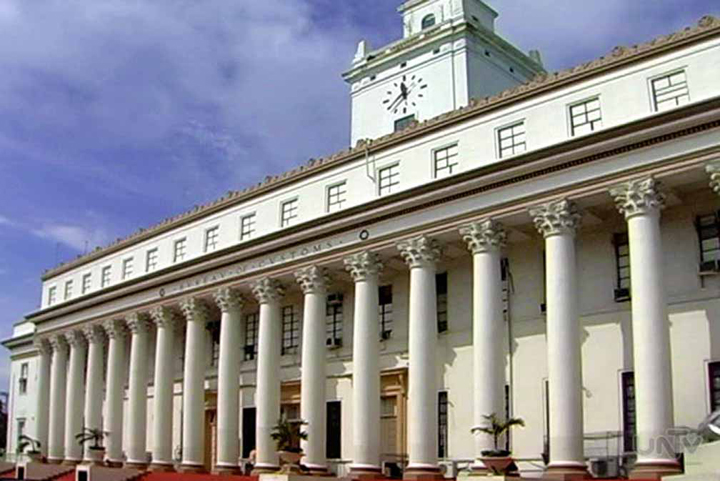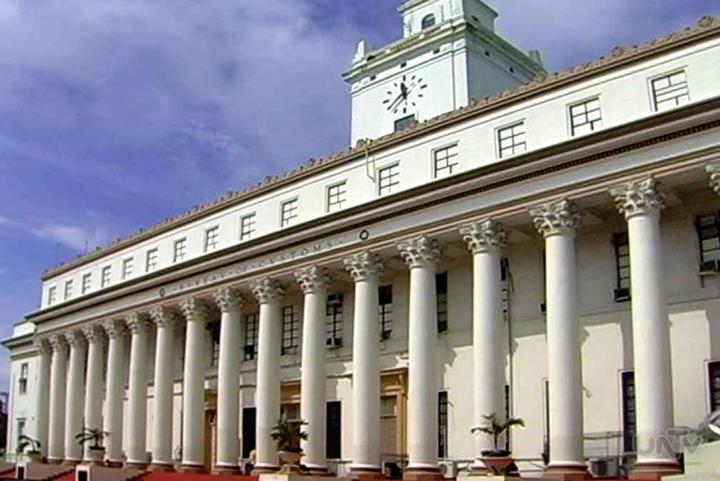
DUTIES collected from rice shipments to the Philippines amounted to P14.3 billion as of October, according to data released by the Bureau of Customs (BOC).
The BOC said the tariff collections were obtained from the 2.18 million metric tons (MT) of rice shipments that entered the country from January 1 to October 8 this year.
The BOC said revenues from rice imports during this period came from shipments worth a combined amount of P40.81 billion.
“Due to the continuous decline of the price of rice in the world market since May 2021, average value of rice per metric ton increased by only 0.2 percent versus last year,” Customs Commissioner Rey Leonardo B. Guerrero said.
Guerrero said preliminary data showed that import duties between January 1 and October 8 increased 3.2 percent from P13.84 billion during the same period in 2020.
He added that the average valuation of rice for this period only slightly increased to P18,898 per MT in 2021 from P18,867 per MT in 2020.
Due to the expected increase in rice production this year, the United States Department of Agriculture has projected that Philippine rice imports would decline by 14.28 percent to 2.1 MMT.
Despite the contraction in volume, the Philippines will remain the world’s second-biggest buyer of rice for the second consecutive year.
The Department of Agriculture earlier expressed confidence that the country would be able to achieve its target of producing 20.4 MMT of palay this year, barring adverse weather conditions.
In May this year, President Duterte also signed Executive Order (EO) 135 to temporarily slash Most Favoured Nation (MFN) tariff rates for rice to 35 percent from 40 percent (in-quota) and 50 percent (out-quota) for a period of one year.
Malacañang earlier cited a need to lower tariff rates for rice imports to offset the expected 10-percent shortfall in the local supply of rice this year.
Import duties collected from rice imports beginning March 5, 2019, go to the annual P10-billion Rice Competitiveness Enhancement Fund (RCEF) as provided under Republic Act 11203 or the Rice Tariffication Law.
The RCEF is used to finance programs that will sharpen the competitiveness of palay growers by way of providing them easy access to fertilizer, farm machinery and equipment, high-yield seeds and cheap credit; and offering skills training programs on farm mechanization and modern farming techniques.

